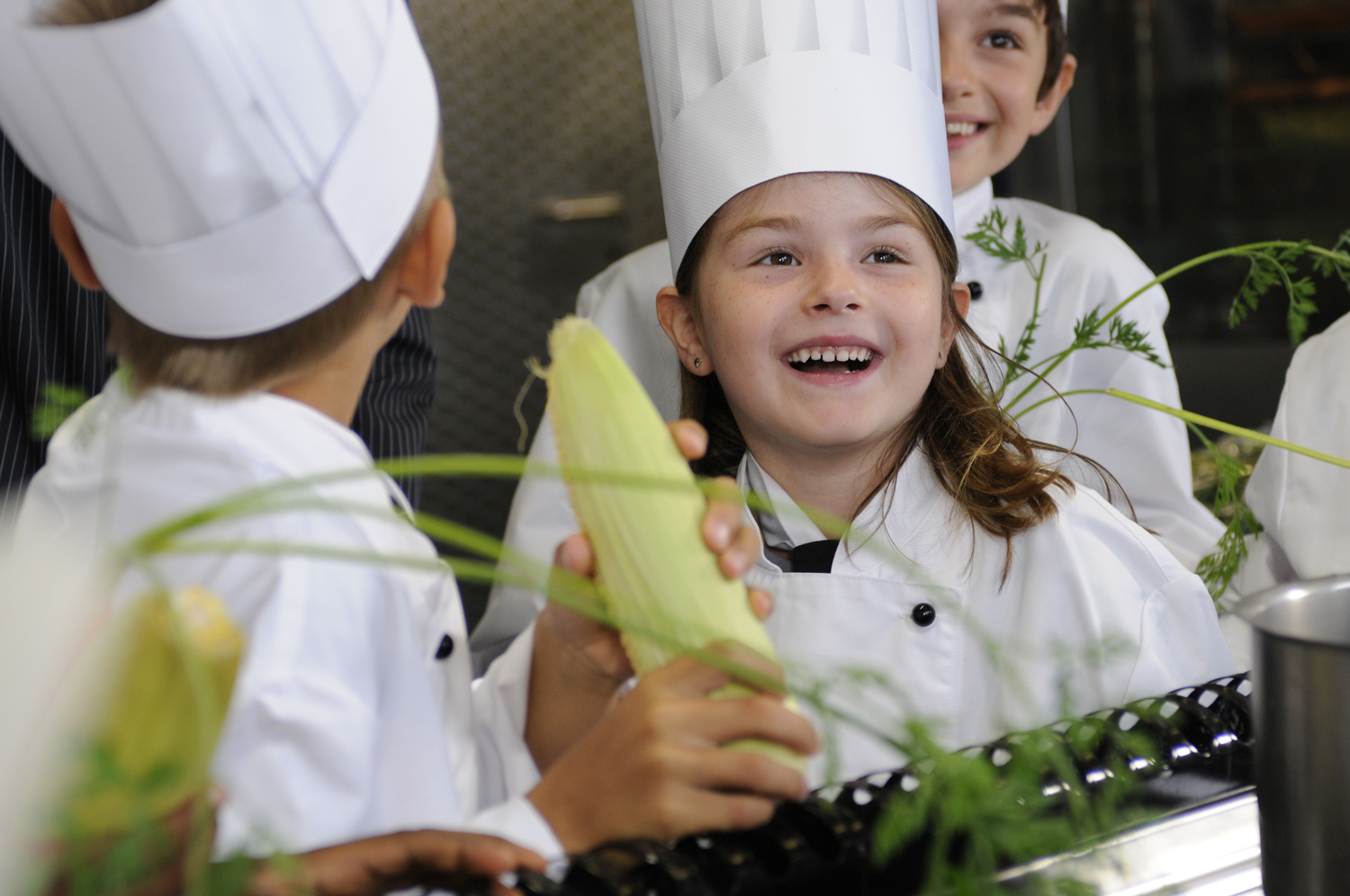Partnership with SV (Switzerland) AG 2019
Together with WWF, SV Schweiz launched the sustainability program “ONE TWO WE” in 2013. Bespoke sustainability plans for companies managed by SV Schweiz, as well as raising awareness of guests, are at the heart of the program.
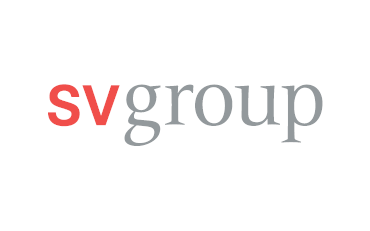
Related Topics:
Corporate Partnership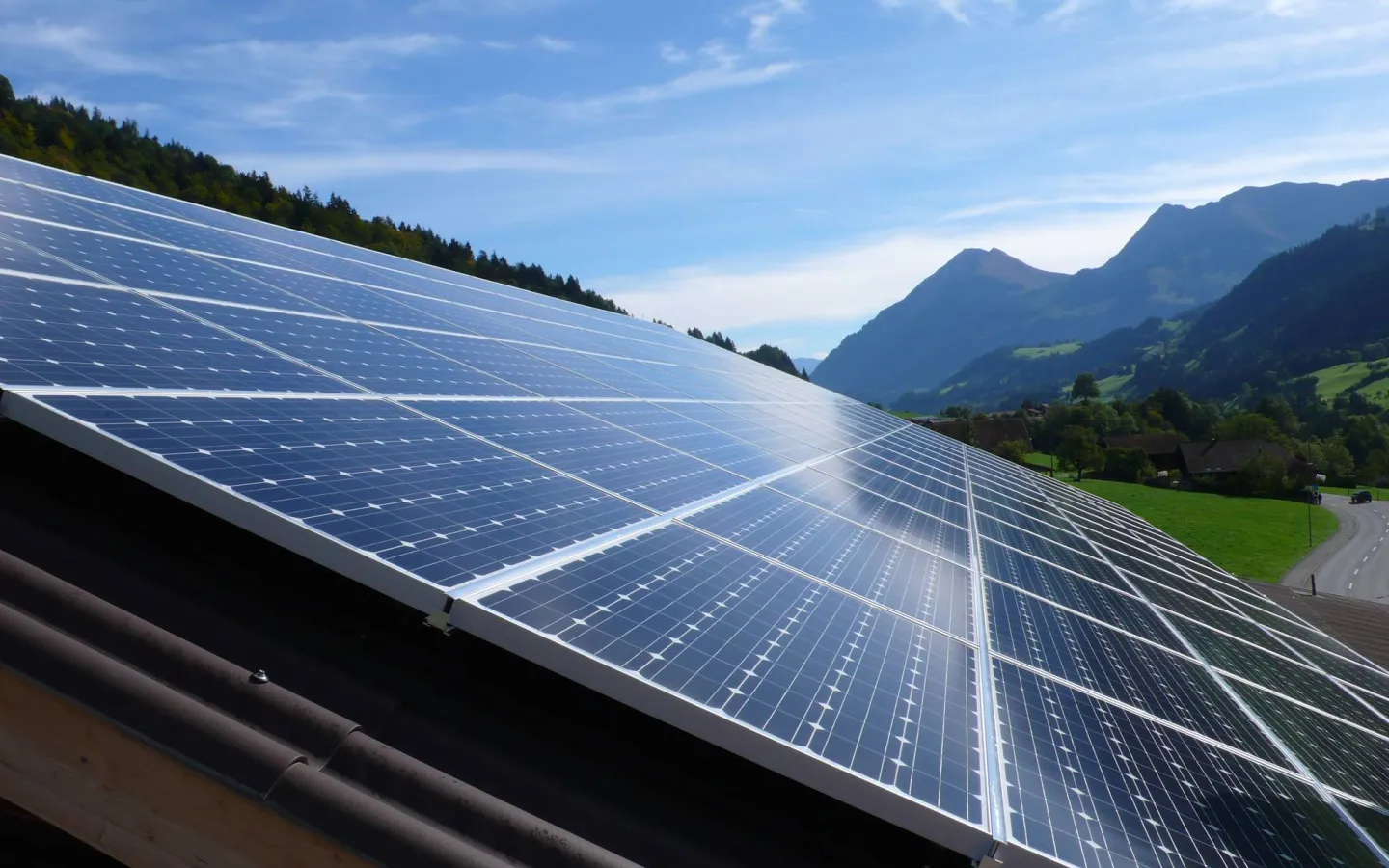
CLIMATE AND ENERGY
SV Schweiz pursues ambitious climate targets — compatible with the Paris Agreement — and tries to mitigate additional environmental impact along the entire value-added chain as well. For example, SV Schweiz exclusively procures carrots with the IP-Suisse quality mark and tomatoes and peppers from greenhouses that are not heated with fossil fuels.
CO2 reduction SV Switzerland
The greenhouse gas emissions of SV Schweiz (SBT Scope 1–3) should be reduced by 17% per main course by the end of 2021 (compared to 2018). The scope covers all fields of business of SV Schweiz.
In 2019, a reduction of 3% was realized over 2018 (current total value 2019: 2.58 kg CO2e per sold main course).
Comment: Great reductions in emissions were realized in the period from 2012–2015. Over the last few years, it has become apparent that the measures defined thus far (expanding the vegetarian range, training employees, etc.) are not effective enough. New measures, which should contribute to achieving the cumulative reduction targets, are being worked out.
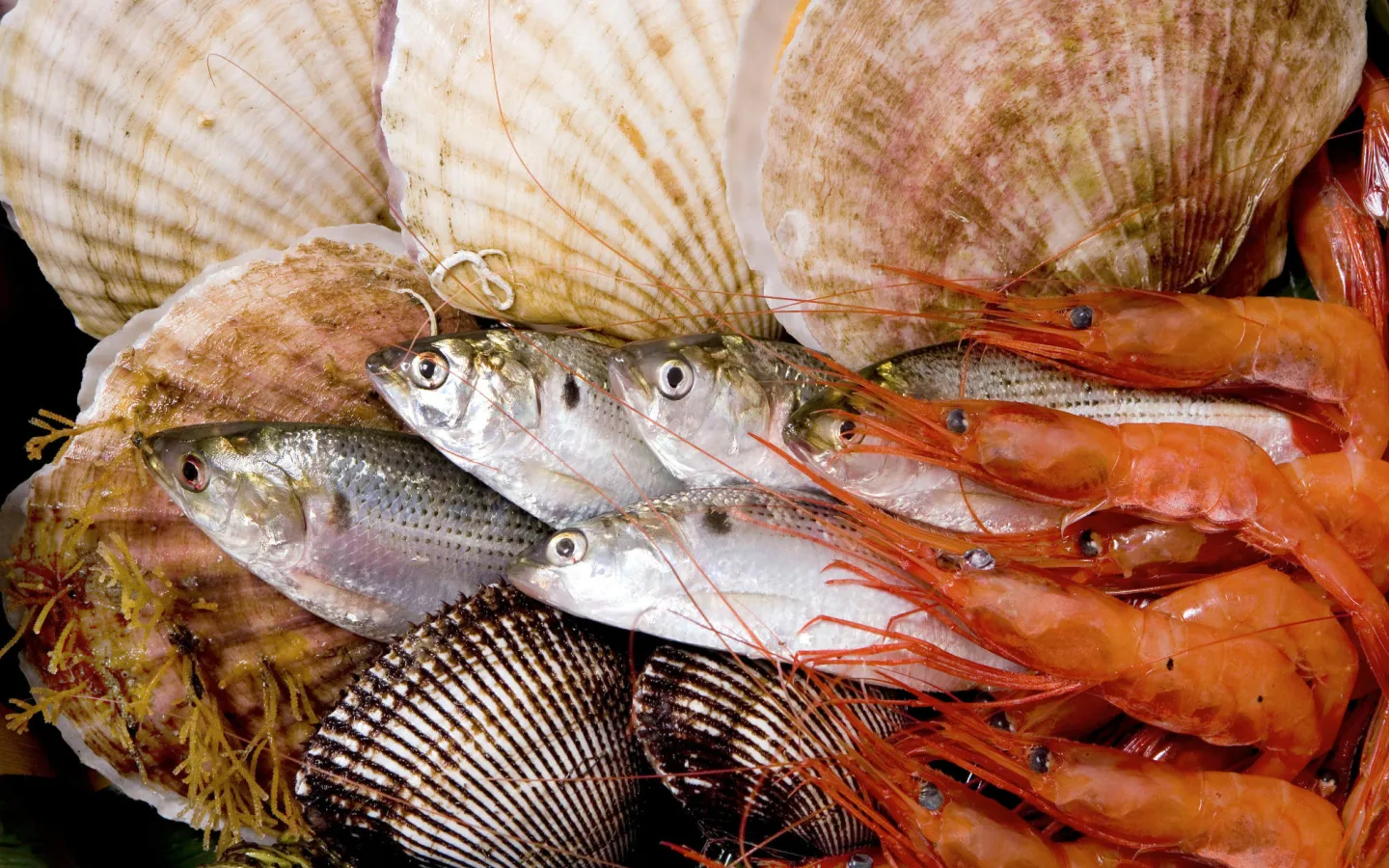
FISH AND SEAFOOD
To promote biodiversity, SV Schweiz has committed itself to continuously increasing the proportion of fish from sources identified as recommendable or acceptable by the WWF since 2019.
Share of very recommended, recommended, or acceptable sources, according to the WWF, relative to the overall seafood range
In 2019, SV Schweiz set itself the target to achieve greater sustainability of its entire fish range. By the end of 2021, the entire offer of marine fish, shellfish, mussels, as well as freshwater fish should be either bred or caught in the wild from sources identified as very recommended, recommended, or acceptable by WWF. The scope spans the entire fish and seafood range of SV Schweiz.
In 2019, the share of fish and seafood from very recommended, recommended, or acceptable sources relative to the overall range was increased from 88% to 91%.
Share of sources identified by WWF as very recommended/recommended relative to the overall seafood range
The share of sources identified by WWF as very recommended and recommended should amount to at least 80% of the quantity procured by SV in a year in kilograms. The scope spans the entire fish and seafood range of SV Schweiz.
In 2019, the share of fish and seafood from recommended sources increased from 57% to 60%.
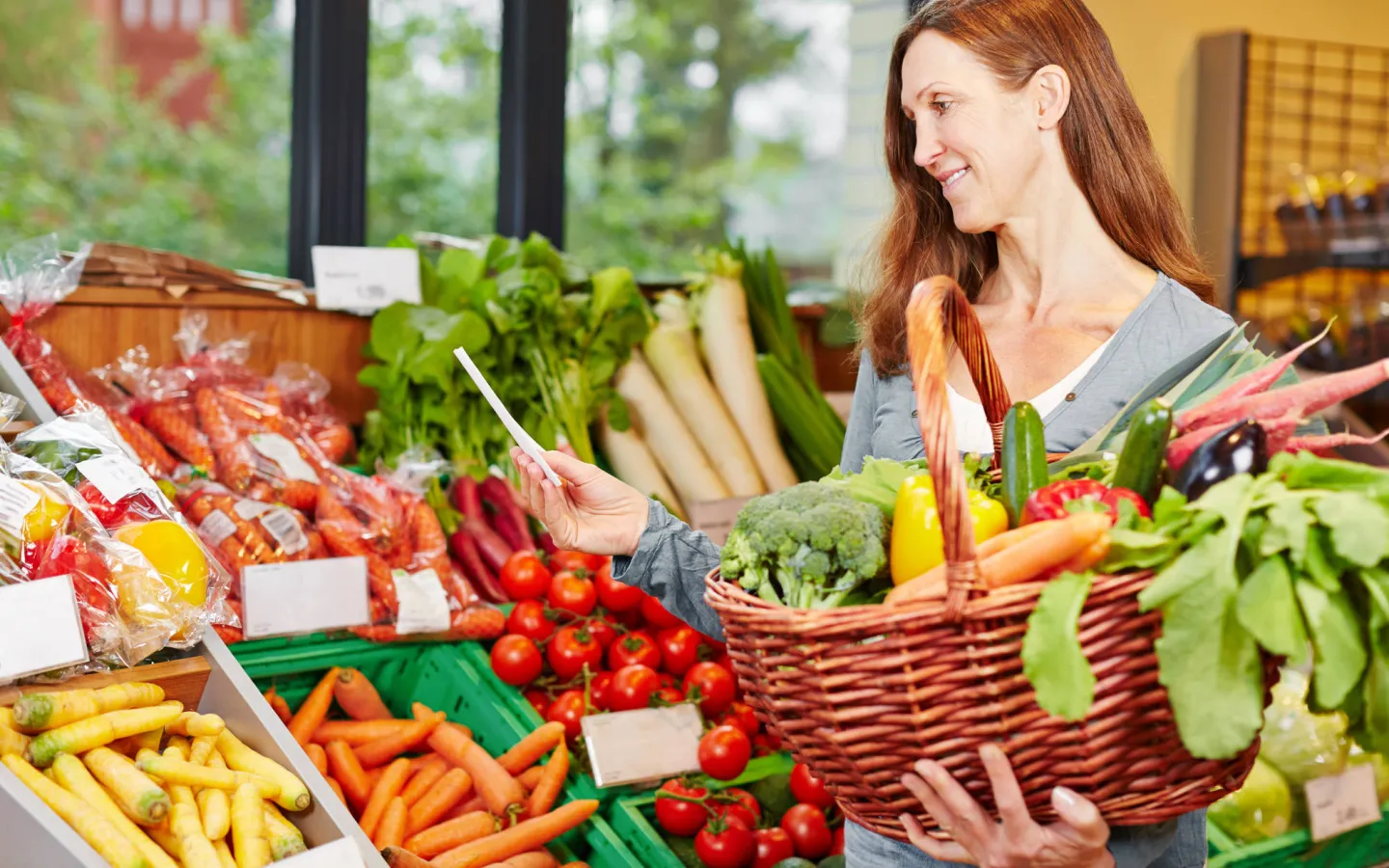
SUSTAINABLE CONSUMPTION
SV Schweiz promotes sustainable consumption by increasing the share of label products of the food it uses. Special climate-friendly meals are offered to raise awareness among guests. These are meatless, contain few milk products and no products carried by air, and are preferably made with seasonal products.
Share of recommended label products relative to overall revenue
To promote sustainable consumption, SV Schweiz has set itself the goal of increasing the share of label products, which are at least recommended (https://www.wwf.ch/de/lebensmittel-label-ratgeber), to at least 15%. The revenue of label products to overall goods revenue is measured; meat, poultry, and fish are not included.
